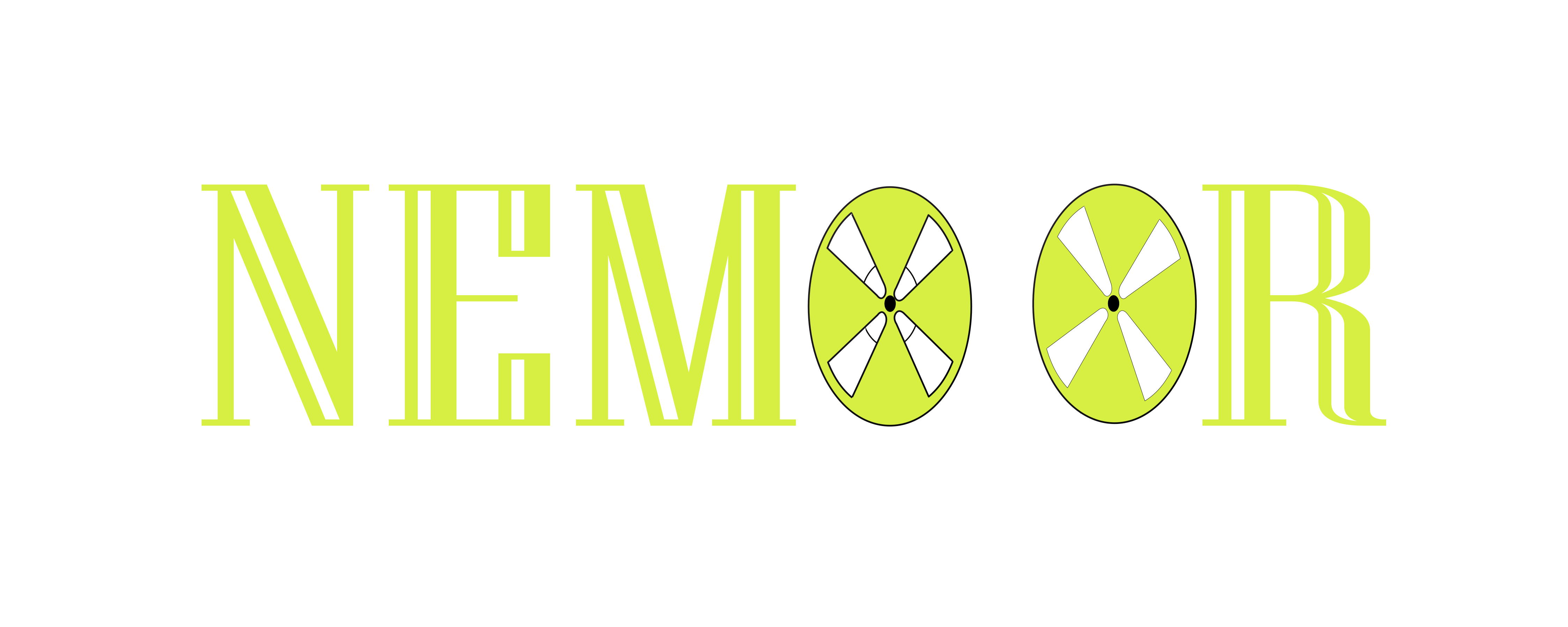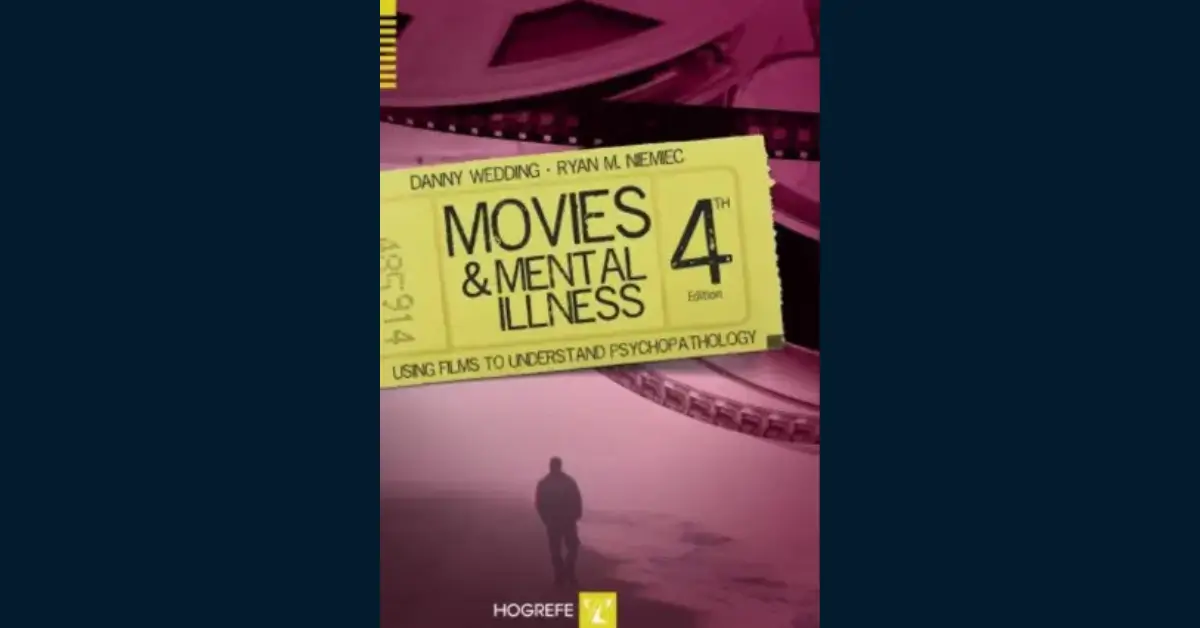Movies and Mental Illness: Using Films to Understand Psychopathology
The Ultimate Guide to Understanding Mental Health Through Cinema
Are you fascinated by how films portray psychological conditions? Looking to enhance your understanding of mental health through the power of cinema? In today’s media-saturated world, movies have become powerful tools for understanding complex psychological concepts and conditions. Movies and Mental Illness: Using Films to Understand Psychopathology by Danny Wedding and Ryan M. Niemiec stands as the definitive resource that bridges entertainment with psychological education.
Thank you for reading this post, don't forget to subscribe!This comprehensive guide doesn’t simply catalog films with mental health themes it systematically organizes cinematic portrayals by clinical categories, offering in-depth analysis and psychological context. For psychology students, mental health professionals, educators, and film enthusiasts alike, this book delivers an unparalleled examination of how Hollywood depicts psychological disorders.
Book Essentials: Your Guide to Mental Health in Film
- Title: Movies and Mental Illness: Using Films to Understand Psychopathology
- Authors: Danny Wedding, Ph.D. and Ryan M. Niemiec, Psy.D.
- Latest Edition: 5th Edition (2020)
- Category: Psychology, Film Studies, Mental Health Education
- Primary Focus: Analyzing mainstream and independent films through the lens of clinical diagnostic categories from the DSM-5, complete with teaching resources and critical analysis
Why This Book Transforms Understanding of Mental Health in Film
Educational Depth with Practical Applications
Unlike typical books about movies and mental health, this resource functions as a comprehensive teaching tool. Each meticulously crafted chapter:
- Examines specific categories of psychological disorders (mood disorders, anxiety disorders, psychotic disorders, etc.)
- Aligns cinematic portrayals with current DSM-5 diagnostic criteria
- Recommends carefully selected films illustrating each condition, accompanied by:
- Thought-provoking discussion questions
- Expert clinical analysis of character presentations
- Critical assessment of portrayal accuracy
While widely adopted in university psychology programs and clinical training workshops, the accessible writing style ensures value for anyone interested in the intersection of psychology and film.
Where Psychology Meets Popular Culture
The authors expertly leverage film’s universal appeal to create meaningful learning opportunities:
- Enhanced Learning: Films provide visual, emotional case studies that help students and clinicians understand symptom manifestations beyond textbook descriptions
- Therapeutic Applications: Explores how carefully selected films can support therapeutic discussions and normalize client experiences
- Cultural Impact Analysis: Examines how cinematic portrayals either combat stigma or reinforce problematic stereotypes about mental illness
Who Benefits Most From This Resource?
| Audience | Key Benefits |
|---|---|
| Psychology Students | Connects abstract DSM concepts to memorable visual examples, enhancing retention and understanding |
| Mental Health Professionals | Provides film-based metaphors and discussion points for clinical practice |
| Film Studies Students & Critics | Offers psychological framework for analyzing character development and narrative choices |
| Educators & Professors | Includes ready-to-implement discussion guides and film recommendations for classroom use |
| Mental Health Advocates | Helps identify both problematic and beneficial media representations of psychological conditions |
Standout Features That Make This Book Essential
- Comprehensive Film Database: Analyzes over 1,500 films spanning decades of cinema history
- Curated Recommendations: Features “Top 10” film lists for each diagnostic category
- Accuracy Assessment: Evaluates how closely fictional portrayals match clinical realities
- Practical Applications: Includes strategies for therapeutic and educational implementations
- Case Study Approach: Uses memorable film scenes as diagnostic training exercises
Films Analyzed by Mental Health Category
| Psychological Condition | Featured Film Examples |
|---|---|
| Schizophrenia | A Beautiful Mind, The Soloist, Canvas |
| Major Depression | Ordinary People, Melancholia, The Hours |
| Bipolar Disorder | Silver Linings Playbook, Mr. Jones, Pollock |
| Post-Traumatic Stress | Jacob’s Ladder, The Perks of Being a Wallflower, American Sniper |
| Autism Spectrum | Rain Man, Temple Grandin, The Accountant |
| Personality Disorders | Girl, Interrupted, Fatal Attraction, We Need to Talk About Kevin |
Each film receives thorough analysis examining psychological authenticity, narrative effectiveness, and broader cultural impact.
Academic Rigor Meets Accessibility
This book successfully balances professional depth with readability:
- Clinical Foundation: Grounded in DSM diagnostic frameworks and current psychological research
- Engaging Examples: Utilizes well-known and accessible films that resonate with diverse audiences
- Clear Explanations: Presents complex psychological concepts in straightforward language
- Visual Learning: Leverages the visual medium of film to illustrate abstract psychological principles
Ideal reader: Anyone seeking substantive psychological insights delivered through the engaging lens of popular cinema.
Strengths and Considerations
Key Strengths:
- Written by recognized experts in both psychology and positive cinema
- Perfectly balances entertainment value with evidence-based education
- Excellent resource for curriculum development and professional training
- Encourages critical media literacy about mental health representations
- Regular updates ensure coverage of contemporary films and evolving psychological understanding
Points to Consider:
- Primary focus on Western (particularly American) cinema may limit global perspective
- Requires basic familiarity with psychological concepts for maximum benefit
- Functions best as a reference resource rather than a cover-to-cover read
- Some older film recommendations may feel dated to younger readers
Where to Find “Movies and Mental Illness”
Ready to explore the fascinating intersection of psychology and cinema?
- Available through major online retailers including Amazon
- Stocked in university bookstores and academic libraries
- Available in both print and e-book formats
- Often available with educational discounts for classroom adoption
🔗 Where to Buy
Available with discounts, what are you waiting for?
Why This Book Is Essential for Understanding Mental Health in Film
“Movies and Mental Illness” stands as the definitive resource for anyone serious about understanding psychological conditions through the lens of cinema. With expert analysis, practical applications, and comprehensive film recommendations, it transforms how readers understand both movies and mental health.
Whether you’re studying psychology professionally, working in mental health, teaching film studies, or simply interested in more meaningful movie-watching, this book will forever change how you view the portrayal of psychological conditions on screen.
What film do you believe most accurately portrays a mental health condition? Share your thoughts in the comments below, and consider how this book might deepen your understanding of that portrayal.
movies and mental illness, mental health in film, psychological disorders in movies, film therapy, Danny Wedding, Ryan Niemiec, DSM-5 in film, cinema and psychopathology, mental illness portrayal, psychology and movies

